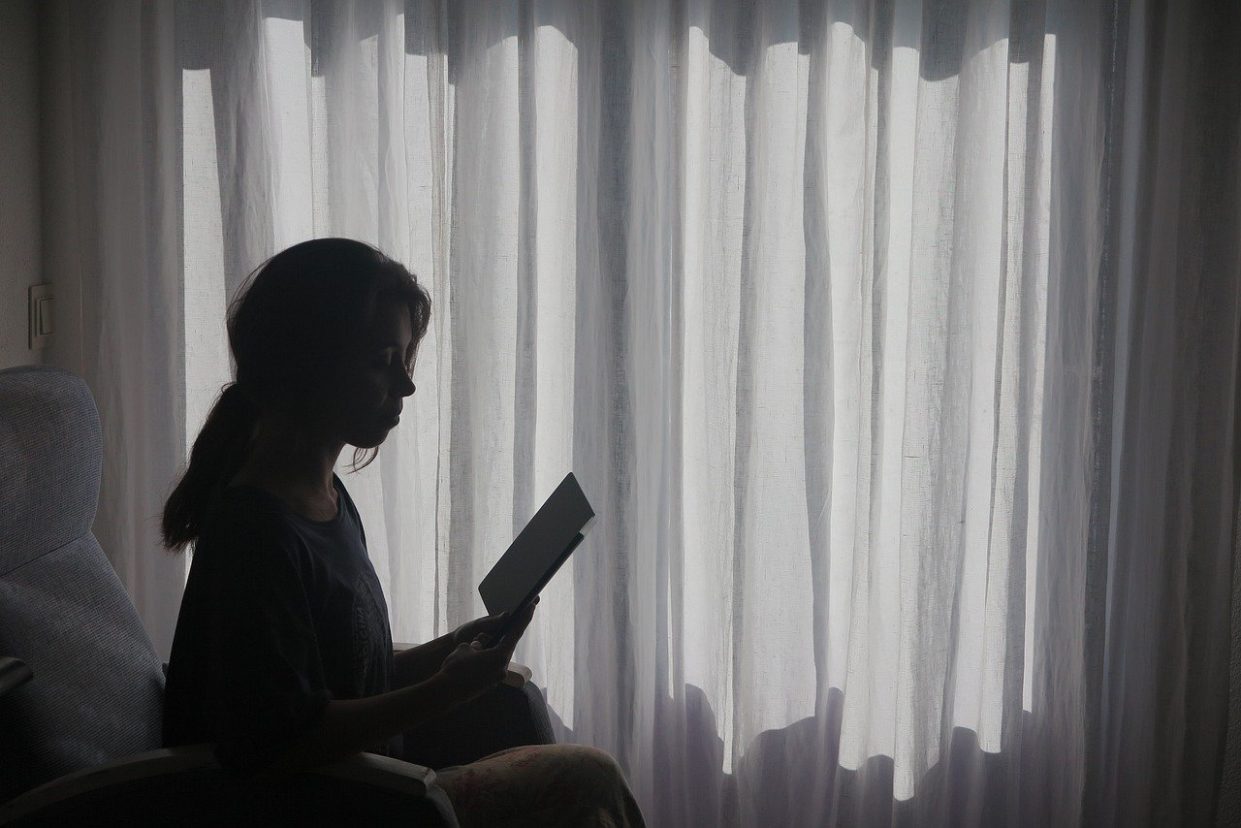The current global pandemic is calling individuals who are sick or have symptoms of COVID-19 to self-isolate. Therefore, it’s essential to understand the protocols of self-isolation, why it’s necessary, and who are currently advised to do so.
What is self-isolation?
Practicing self-isolation can help protect other people from getting the virus as well as slowing the spread of COVID-19. So, anyone who has the virus, a person or group of people who think they have the virus, and individuals who have the symptoms must limit their contact with other people for 14 days.
Who needs to self-isolate?
The following are individuals who need to self-isolate:
1. Individuals waiting for their COVID-19 results
If you have recently traveled back from a country or city where the coronavirus is present and you have the symptoms, then you will be asked to take the COVID-19 test. While waiting for the results, you will be asked to self-isolate and stay at home. You also have to separate yourself from other people in your house and keep the door closed at all times. Wear a face mask at all times and cover your mouth when you cough or sneeze and immediately wash your hands.
2. Those who were in close contact with someone who has the coronavirus
During contact tracing, individuals identified who were in close contact with a person who has coronavirus will be advised to self-isolate.
3. Returning travelers
If you have traveled to a country or city that has patients with coronavirus, then you could have been exposed to the virus. With this, healthcare practitioners will advise you to take the COVID-19 test and self-isolate, especially if you have mild symptoms.
4. The general public
The general public may be asked to self-isolate when COVID-19 begins to spread in the community. Those who are having mild symptoms may also be asked to stay in their homes and self-isolate for 14 days.
Large group self-isolation is a preventive measure in order to stop the virus from spreading fast in the community. This is especially the case during winter when cases of the flu are high.
What to do during self-isolation?
When self-isolating, you will be asked to do the following:
- Not leave your homes for any reason and must practice physical distances, specifically 2 – 3 meters away from other people;
- Ask someone else to buy food and medicine for you; and
- Do not accept visitors.
If you have the symptoms of coronavirus, you will be asked to self-isolate for seven days. If the symptoms are gone after seven days, then you don’t need to self-isolate anymore.
Moreover, if you are living with a person who has the symptoms, then you must self-isolate for 14 days. This is important because the symptoms will appear after 14 days.
Once you complete the required isolation days, then you must still stay at home, but you can go out and practice social distancing when buying goods and medicines.
What to do if I have work and other responsibilities?
Unfortunately, if you have the symptoms of COVID-19 or positive to have the virus, then you have a high risk of infecting other people. Therefore, you must self-isolate, especially making sure not to make contact with vulnerable individuals, such as the elderly and children.
Inform your employer about your status, and once you’ve been cleared, you can go back to work. Make sure that you make plans with your family on how to manage everything while you’re still in self-isolation.
What should I do as this is becoming too hard for me?
We recommend staying in touch with friends and family during this time. We understand that it can be annoying, frustrating, and you might have difficulty in sleeping, so talk to your friends and family through social media.
Read up about how good thinking can help and how you can take care of your mental wellbeing while at home.

